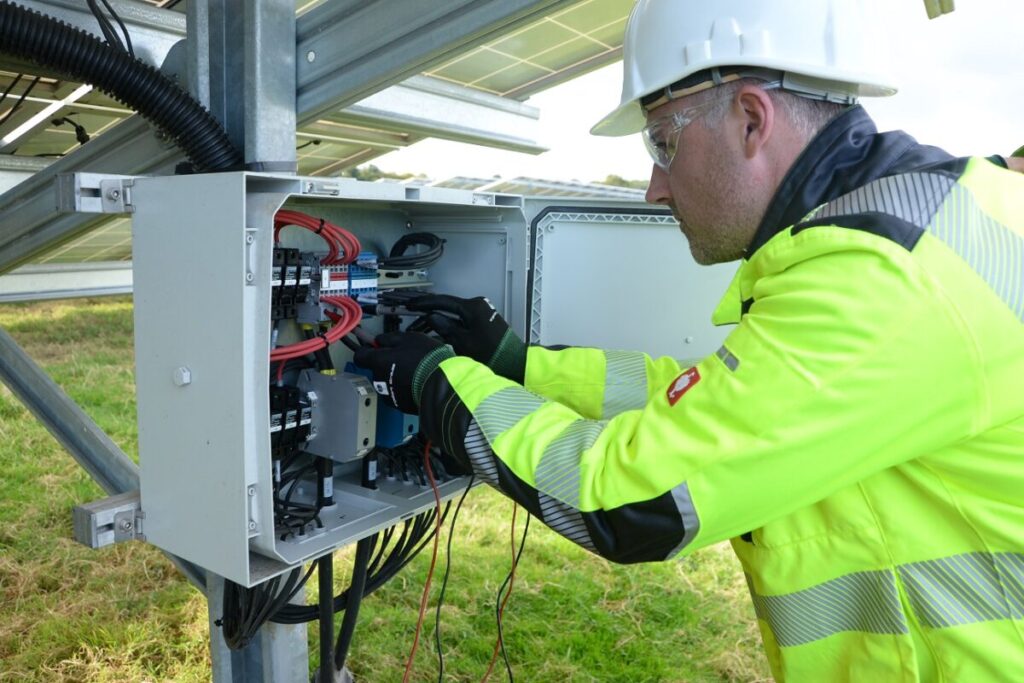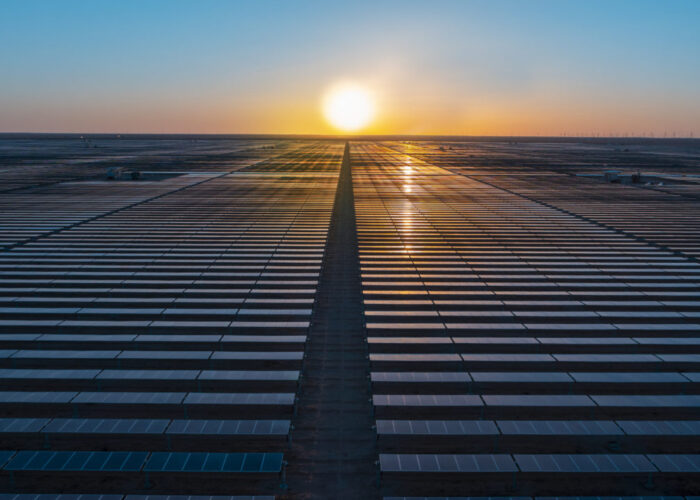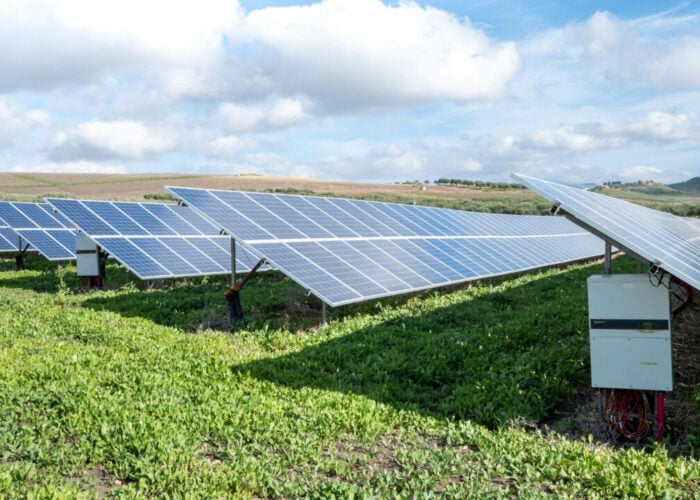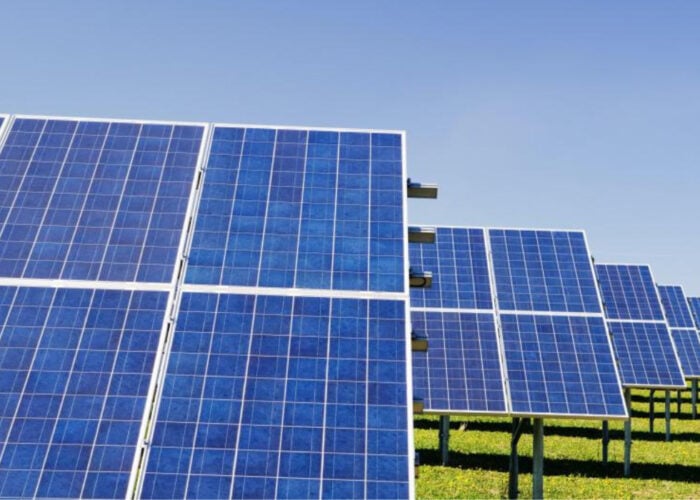
The European Union must implement an “action plan” to save the continent’s solar inverter manufacturers, according to solar trade body SolarPower Europe (SPE).
In a statement issued after its quarterly meeting, which it held at the offices of German inverter producer SMA Solar, SPE said the inverter industry “faces difficulties due to global manufacturing overcapacity and a slowdown in the rooftop PV segment in several important European markets.”
Unlock unlimited access for 12 whole months of distinctive global analysis
Photovoltaics International is now included.
- Regular insight and analysis of the industry’s biggest developments
- In-depth interviews with the industry’s leading figures
- Unlimited digital access to the PV Tech Power journal catalogue
- Unlimited digital access to the Photovoltaics International journal catalogue
- Access to more than 1,000 technical papers
- Discounts on Solar Media’s portfolio of events, in-person and virtual
Recent months have seen fortunes sour for the major Western inverter manufacturers. SMA Solar announced 1,100 job cuts in its Q3 financial report and cited a “sustained market slowdown” in the residential and commercial & industrial (C&I) sectors.
Prior to this, US-based microinverter producer Enphase announced 500 job cuts and the abandonment of a Mexico manufacturing contract and Israeli-headquartered SolarEdge saw its CEO, Zvi Lando, step down after successively negative quarterly shipments and financials.
PV Tech Premium published a breakdown of inverter market dynamics following SMA Solar’s announcement. Cormac Gilligan, associate director of clean energy technology at S&P Global, said the industry is enduring “growing pains” as it adapts to changes in supply and demand and shifting technological requirements.
Changes to rooftop solar subsidies in the Netherlands and Italy have particularly impacted the sector and combined with a trend towards pairing solar with energy storage, which requires a more sophisticated inverter product.
Now, SPE has called for Brussels and EU member state governments to take measures to “guarantee EU’s leadership in the critical communication components of future energy systems, like solar inverters.”
“Inverters are the brains of the energy system,” the statement said, “Which become only more important as Europe electrifies and digitalises its energy systems. Europe can simply not afford to lose this critical industry and must act now.”
SPE called on policymakers to adopt a “dedicated Important Project of Common European Interest (IPCEI) for smart and secure electrification”. This is a cross-border designation for projects which can contribute significantly to EU goals and strategies.
“But more immediate measures are needed as well,” the statement said. “We ask European policymakers to develop an action plan for the EU inverter industry, exploring all options on the table, including; enforcing the highest standards on cyber- and energy security, and providing direct financial support mechanisms to enhance its competitiveness on a global scale, while ensuring a level playing field.
Right now, Europe can take up this opportunity to entrench its world-leading spot in inverters that go the extra mile – supporting the grid and securing cyber-preparedness. However, with inaction, Europe risks not only the inverter industry – and tens of thousands of jobs – but the secure electrified transition itself.”
In an interesting development, earlier this month 79 Lithuanian MPs voted to impose greater security measures on inverter-based energy products imported from “hostile countries”, including China. The world’s five largest inverter manufacturers are all Chinese.
The Lithuanian lawmakers cited concerns around cybersecurity; inverters use a lot of digital data and cloud infrastructure in their operations, which can be susceptible to attacks.







